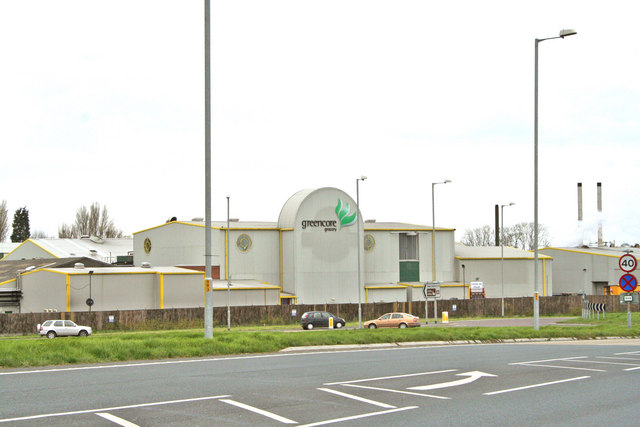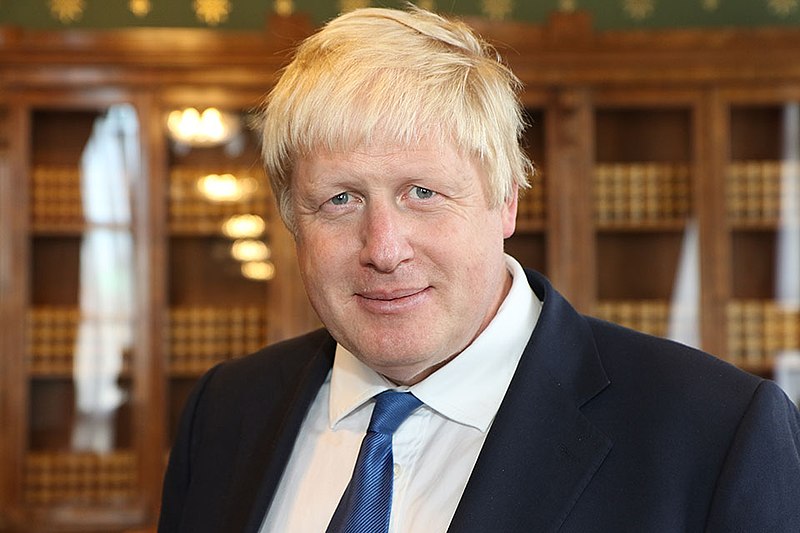
Labour’s dedication to its £28 billion yearly investment in green industries faces scrutiny amid suggestions that the promised amount might not be achieved.
Speculation arose following a hint from a senior source to the BBC that Labour might not reach the initially pledged investment level. However, a party spokesperson clarified that if elected, Labour would intensify investment in jobs and energy independence, adhering to the planned £28 billion per year in the latter part of their Parliamentary term.
Originally introduced in 2021, Labour’s policy aimed to allocate £28 billion annually until 2030 to the flagship green project, funded via borrowing. Yet, in a pivot, shadow chancellor Rachel Reeves adjusted the timeline, suggesting the investment would ramp up post a 2024 election win, hitting the £28 billion mark annually after 2027.
This adjustment, as clarified by a senior source from the Labour leader's office, is a response to the state of public finances, underscoring the party's commitment to fiscal responsibility over policy decisions.
Labour's fiscal approach, including a commitment to reducing debt within five years, remains a guiding principle, prioritized over individual policies, according to internal sources. Denying reports suggesting Sir Keir Starmer requested a reduction in the funding pledge, Labour stands firm on its goal to establish economic credibility, even if it means adjusting its governmental agenda.
Amidst this, voices like Hannah Martin, co-director of Green New Deal Rising, express concern, urging Labour to not only maintain but expand commitments to green initiatives. Martin advocates for additional measures such as guaranteeing green jobs, implementing a wealth tax, and initiating a comprehensive home insulation program.
The Conservative Party, however, perceives Labour’s policy as a significant risk to the British economy, particularly amidst the current high borrowing costs.
As the debate around Labour's commitment to green investment continues, the party finds itself balancing economic prudence with its environmental agenda, navigating the complexities of fiscal responsibility against ambitious policy objectives. Photo by Rwendland, Wikimedia commons.































































